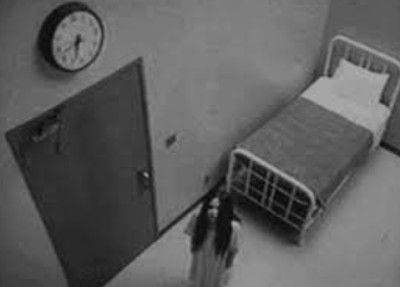Yes, Conservatives Do Grow
Turned off by conservative people? Bothered by the idea that they are
stuck in the past? Think that they will never change, be stagnant, die out?
Well that’s not true. Even more, they can be seen as very interesting people.
Change may be resisted, slow, hard won, but it is possible. In my novel, Baggage burdens. small changes may be detected, like accepting
outsiders like Uncle Mike, Joseph and Daniel. The danger in accepting new
people in the community is they may bring or support strange ideas. Joseph
actively supports a new initiative that began in the church––show your sons
that they are more than valued laborers. They are loved members of the family.
Good idea, until one sees the expression of that concept––a father/son long
weekend holiday in early August––a farmer’s busy time.
The annual church father/son campouts brings regret. Church leaders
said too often the boys were valued farm
labor. Fathers needed time to connect with their sons.
The first weekend of August requires much planning. This year Joseph
is part of the planning committee. It’s his idea to camp out in Kananaskis. He
recommends it because he knows many of the children enjoy horseback riding.
Evan Starzak, Stan’s father, volunteers a friend from the sports shop to teach
the boys archery. He suggests a contest with prizes after the lessons. That
idea earns him a spot on the committee. Martin Shopka, the organizer of the
food and supplies from the last five years, continues his role.
The three men spend time on the phone and meeting at each other’s
homes planning the activities, duty rosters, and collecting the supplies. The
least desired assignment is collecting the registration and fees. Every year
three fathers object to prime harvest time being wasted on holidaying.
“In the end,” says Evan, “they bow to peer pressure.” He chuckles.
Objecting to the use of social pressure, Joseph declares, “That’s
totally unacceptable.” He insists the best way to deal with those fathers is by
way of one-to-one private conversations. He argues participating in the campout
is an excellent faith expression. It shows our boys we count on the Lord, not
on our own actions for getting the crops in on time. Also what better way is
there to demonstrate our love for our sons? Our actions show they are more
important than anything else.” Joseph’s enthusiasm pushes him even further.
“Giving up a weekend when nothing important happens after the crops are in,
paints a picture of a low value for our sons.”
haiku
capsule:
passionate support
overrides a strong resistance
tradition adapts.
Next blog: Showing
Fear



